The ancient Greeks were known for their many innovations, and their impact on Western society as a whole cannot be understated. Many of their greatest philosophers and leaders are still talked about to this day, and the fields of Greece are still dotted with many ancient structures. That said, an ancient civilization is only as good as its leaders, and the fact that ancient Greece stood for thousands of years is testament to the talented individuals that led Greece’s many city-states.
It’s always a pleasure to deep dive into famous ancient Greek leaders, as there are so many worth noting. Most people can still learn a thing or two from the most prominent Greek leaders, as this list provides a fascinating peek into how they lived their lives. Here are some examples of the most famous ancient Greek leaders, and their contributions to their society.
King Leonidas I
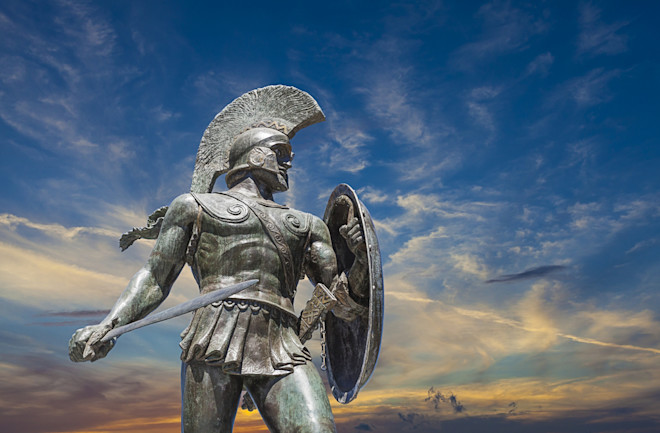
Just about everyone knows the story of Leonidas I of Sparta. Kicking off the list is perhaps one of the most well-known ancient Greek leaders. The reason why Leonidas I grew into such a celebrity status is mainly due to his depictions in popular media—namely the graphic novel and film, 300.
History buffs know that both the graphic novel and the film take plenty of liberties with the character and the setting. However, it doesn’t change the fact that Leonidas took his troops and stood against many in the face of overwhelming odds. He pushed forward where most others would not, and this near-mythical figure of both Greek fiction gave his life to defend his countrymen from the invading Persians.
Philip II of Macedon
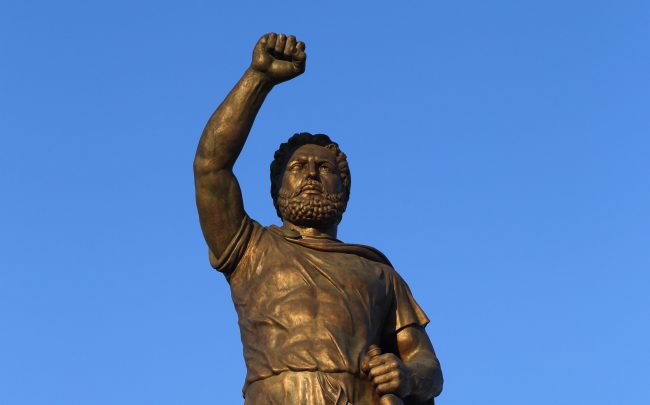
Philip II of Macedon was known to be a profoundly adept ruler, capable of handling the challenges of ruling both on and off the battlefield. In most cases, Philip is more famous due to his legendary son (coming next), but it doesn’t change the fact that he managed to accomplish so much as the ruler of Macedon. The rise of Macedon would not have been possible without him, as he is directly responsible for its growth and eventual uniting of most of ancient Greece.
When you consider that the Greek city-states loved to make war with one another, it’s pretty amazing that a single ruler was able to take over Athens and Thebes—effectively setting the stage for his son. Philip managed to experience so much success due to his revolutionary military tactics, and his skill in diplomacy, a trait his son lacked.
Alexander the Great
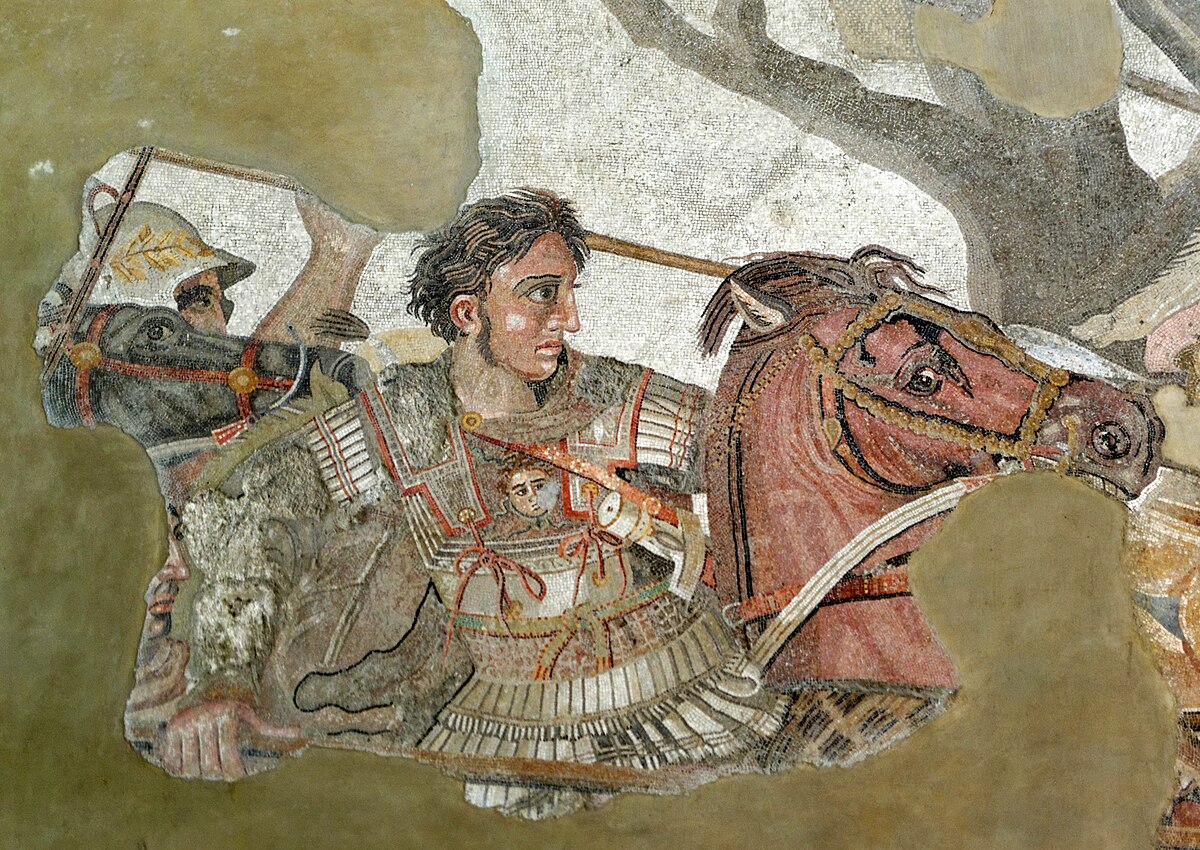
While Leonidas I of Sparta is arguably the more popular figure just because of modern pop culture, Alexander the Great is known as the greatest military leader of ancient Greece. Perhaps he might even be the greatest military leader of all time. Alexander took after his father in more ways than one, with the penchant for military genius amped up to 11.
With his father unifying most of the Greek city-states, it set the stage for Alexander to begin his conquest of, well, just about anything he laid his eyes on. Alexander was able to conquer all the lands between Greece and India, which is a mind-boggling fact. Alexander the Great was such a prominent military figure that his death led to the decline of the ancient Greek world due to how much of a power gap it left.
Cleopatra VII Philopator
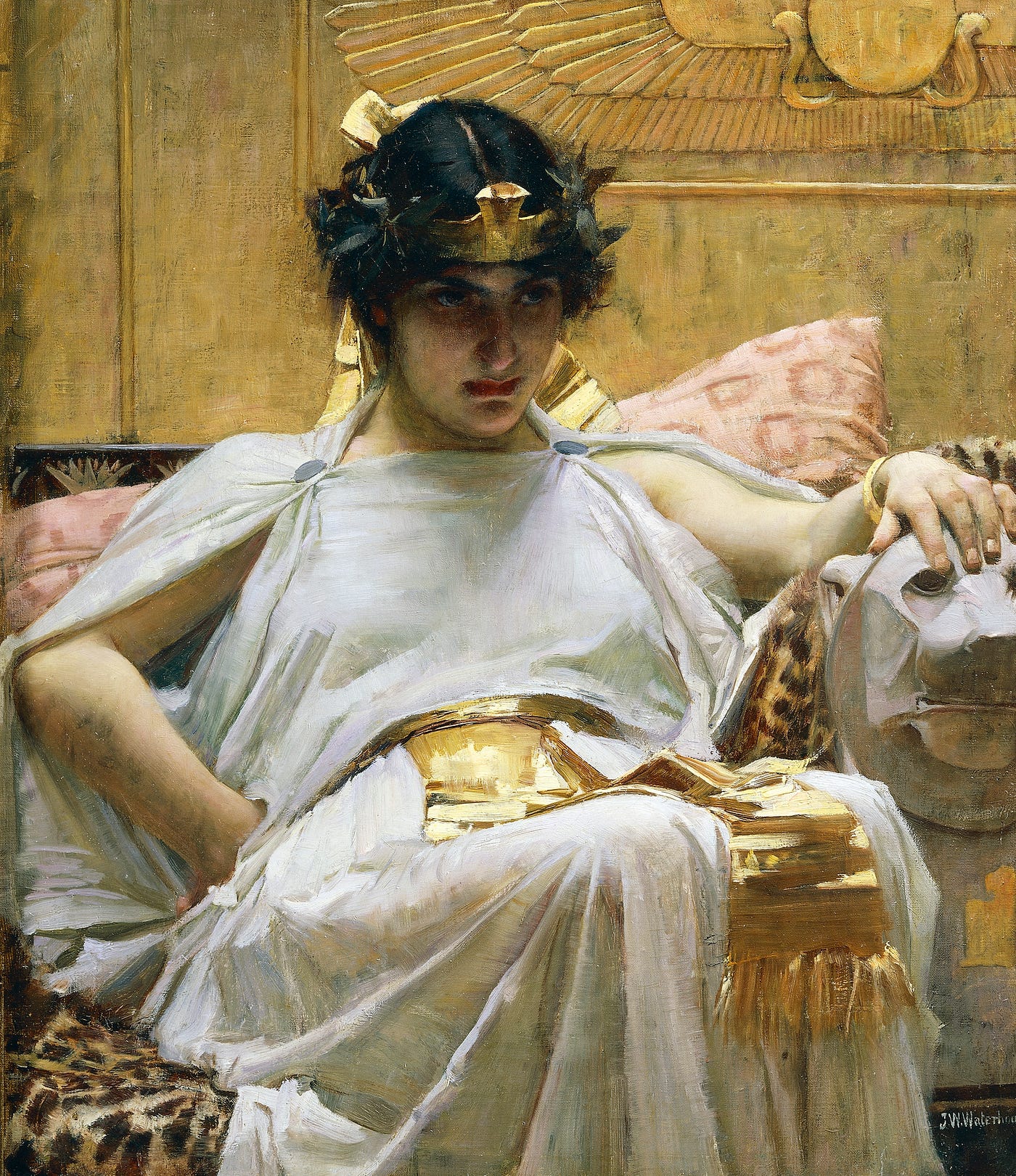
When Alexander the Great died, it started a decline and power gap so massive that ancient Greece never quite recovered. The fascinating thing is that Alexander was the leader at the beginning of the Hellenistic Period, and Cleopatra VII Philopator was the leader at the very end of the period. These are the two leaders that heralded the beginning and end of the Hellenistic Period, and they couldn’t be more different.
Alexander was known for his great military achievements, whereas Cleopatra was known to be adept at managing the politics of the ruling class. She sought to rule the world, and so made plans with Mark Anthony—another great ruler in his own right. They were both defeated by Octavian, thus ending the Hellenistic Period and completing the downfall of the Greeks. Perhaps if the Greeks had spent more time rallying together instead of constantly squabbling, things would be different.
Cassander
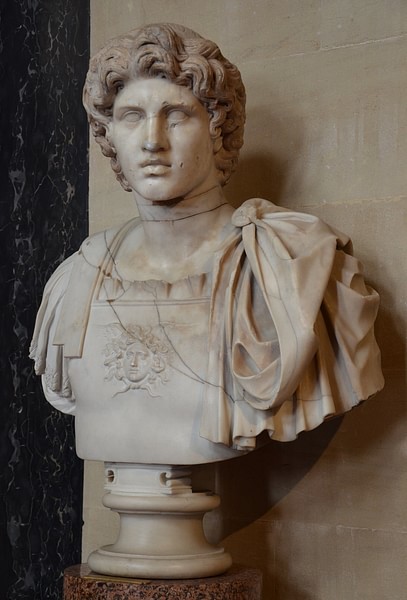
Cassander was the king of ancient Macedonia from 305 to 297 BC, and rose to become the de facto ruler of Southern Greece. Cassander was one of the leaders who warred over Alexander’s spoils after his death, and was known for one of the bloodiest rules in all of ancient Greek history. During the Wars of the Diadochi, Cassander fought for control against the Macedonian general, Polyperchon.
Cassander was involved in many different blood feuds, many of them with Alexander’s family. He warred with Alexander’s mother, Olympia, and put Alexander’s half-brother, Philip III to death. He would put many more to death, before marrying Alexander’s half-sister and murdering his widow and son. Known for being extremely ruthless, Cassander was nonetheless an effective military leader, defeating his opponents time and time again in the field of battle. The next commander in the list will prove to be Cassander’s equal in battle.
Demetrius
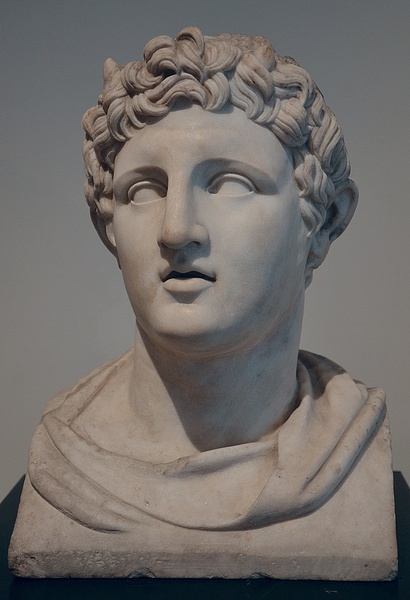
Sharing the stage with Cassander in many ways, Demetrius was a celebrated commander in his father’s army. He had the distinction of defeating Cassander in battle, but he himself ended up being defeated by Cassander in Gaza, around 312 BC. Demetrius managed to drive Cassander out of Athens, only for the defeated Cassander to later ally with other generals and leaders to battle Demetrius once again—a battle which took the life of his father.
Demetrius would eventually reconcile with some of Cassander’s allies, leading to him efficiently dispatching his enemies (including the sons of Cassander) before ascending to the throne of Athens. Demetrius served as a constant rival to Cassander, and despite the latter’s clear military might, Demetrius managed to match him at every turn. The two undoubtedly have plenty of history together, and their battles still make for fantastic storytelling today.
Demosthenes
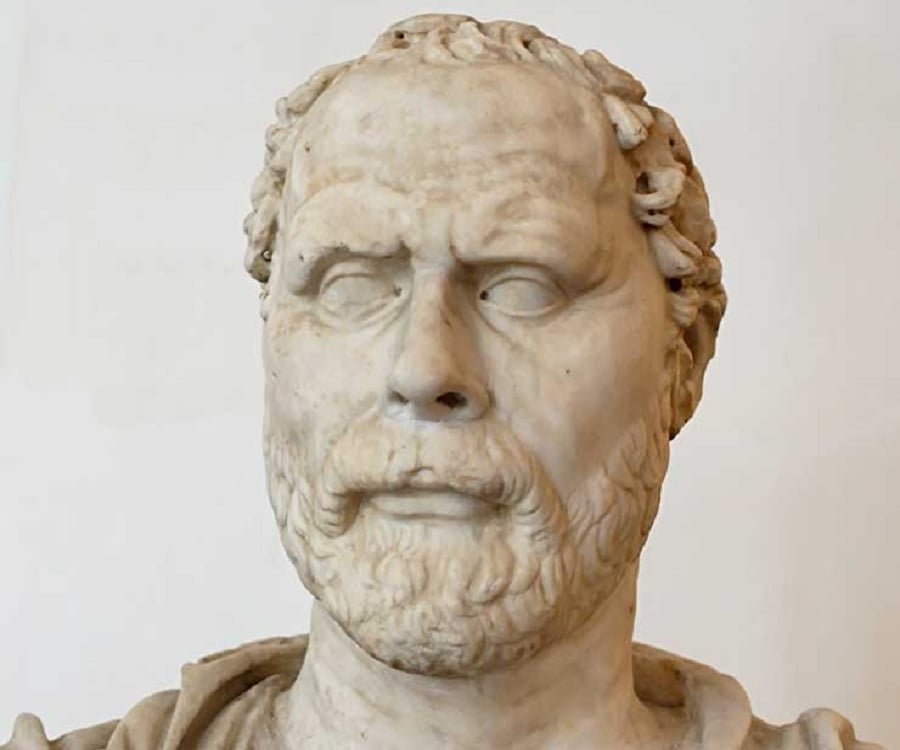
There were plenty of influential leaders during the time of ancient Greece, with Demosthenes being a skilled orator and statesman. Specifically, his orations inspired people to oppose and eventually overthrow their Macedonian rulers. Demosthenes didn’t live a very happy childhood, having been orphaned at a young age and being forced to fight for his inheritance.
He had even suffered from a speech disorder, which he proceeded to overcome on the road to becoming an orator. The first speech he ever gave was to condemn those who claimed to be his guardians for taking his inheritance.
Demosthenes was responsible for giving the Macedonians so much trouble in conquering Athens. Eventually, however, he took his own life when Alexander ascended the throne.
Draco
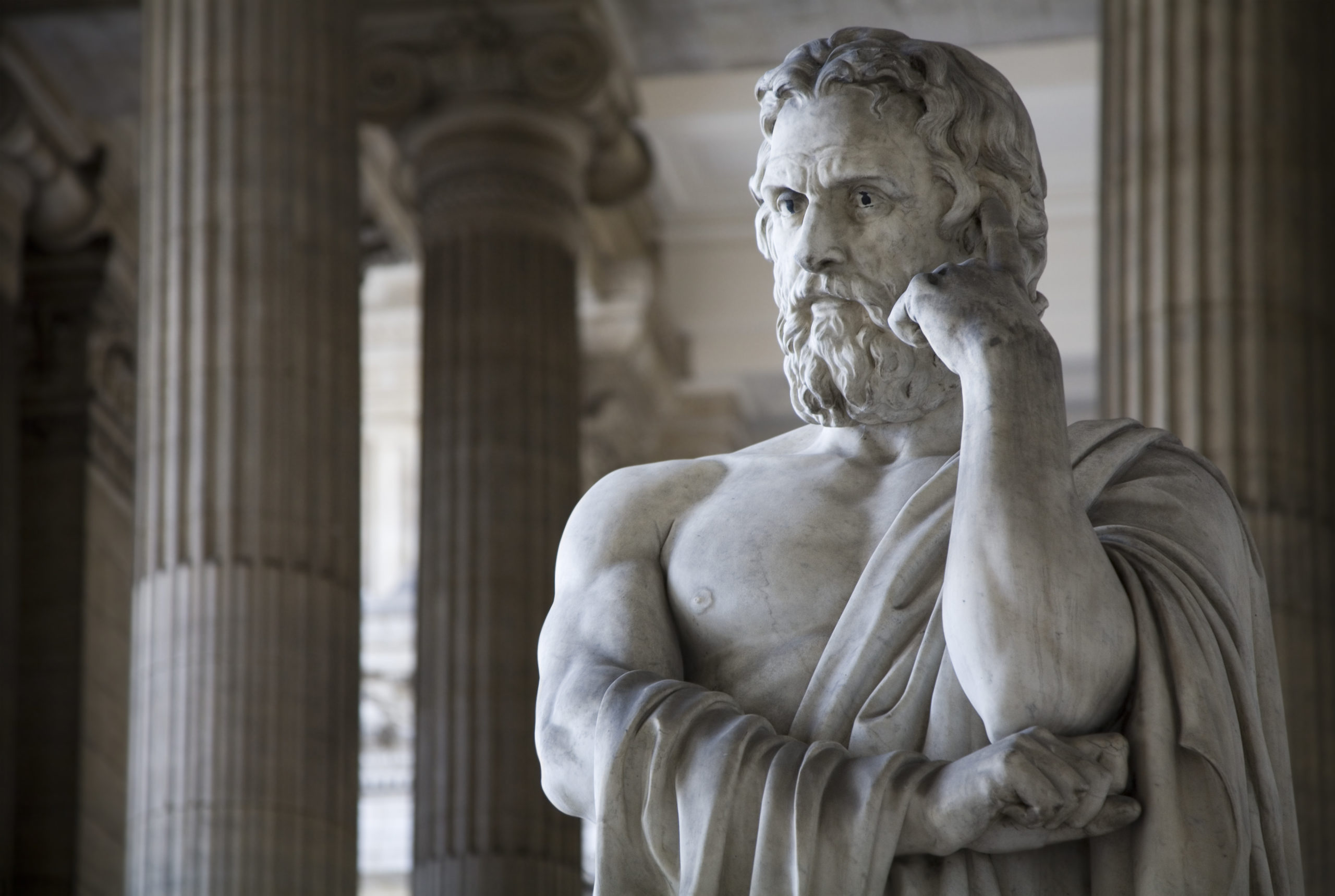
While benevolent rulers are often fondly remembered, there comes a time when a stern hand is needed. When it comes to ancient Greek leaders, you can’t get much more influential than Draco. Draco’s early life wasn’t well-chronicled, but many of the laws he established survived the test of time.
That said, not all of Draco’s laws were seen in a favorable light. As a matter of fact, many of the laws were seen as quite corrupt, favoring the wealthy aristocracy of the upper classes. One of the most interesting ones involves his laws against homicide, where the killer had to be sent to exile or even be given the death penalty depending on the situation.
Latinized Pisistratus
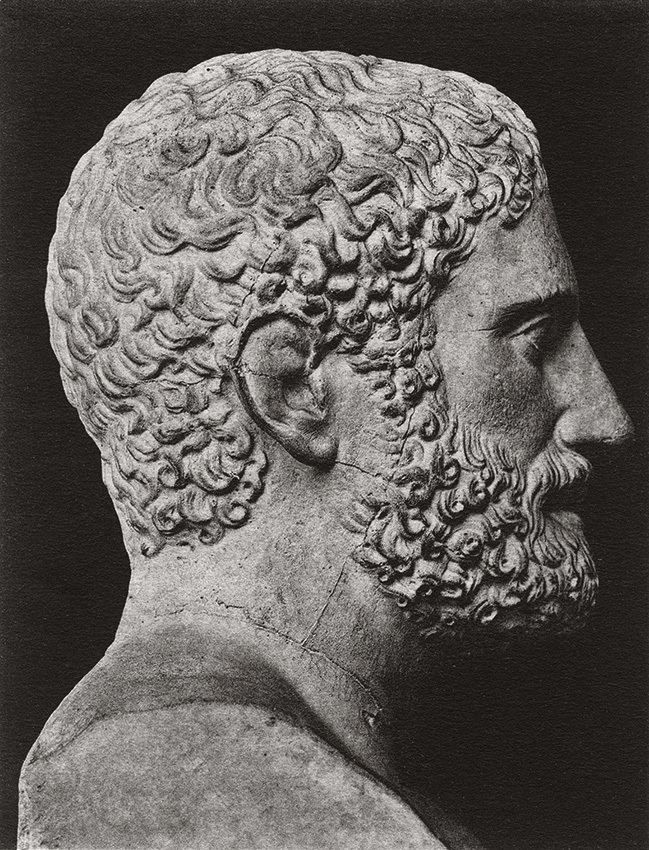
Latinized Pisistratus has the distinction for being one of the wiser and more lenient rulers of Athens. In a lot of ways, Latinized was ahead of his time—a ruler who was exceptionally considerate to the lower classes.
As if that wasn’t enough, he was also the son of Hippocrates, a notable Greek figure who just about everyone knows. Hippocrates is the reason modern medicine is the way it is today, and his desire to help the needy extended to his son.
As the son of Hippocrates, Latinized Pisistratus proved himself to be a capable and benevolent ruler.
Cimon

One of the more colorful ancient Greek leaders was Cimon, who was an Athenian general born in 449 BC. He was the leader who sent his fleet over to the Asian Greek cities in an attempt to rescue them from the Persian invaders. An extremely skilled military general, Cimon managed to outmatch the Persians both in ground and naval battles.
After Themistocles, he became the chief statesman of the pro-Spartan party. According to the history books, Cimon was sent to exile, only to be recalled to draft a peace treaty with Sparta. Cimon undoubtedly lived an interesting life, and his story continues to pique the interest of historians to this day.